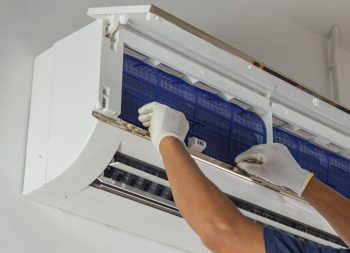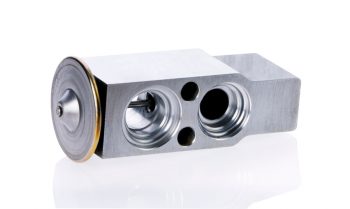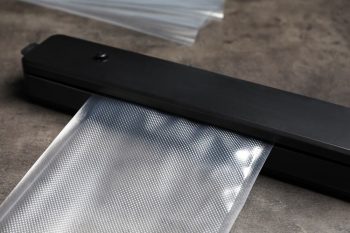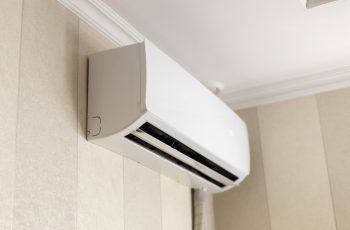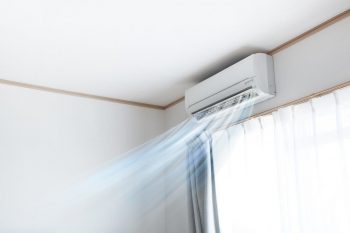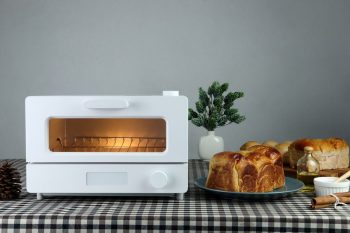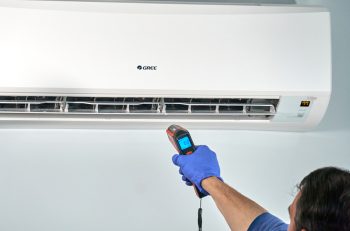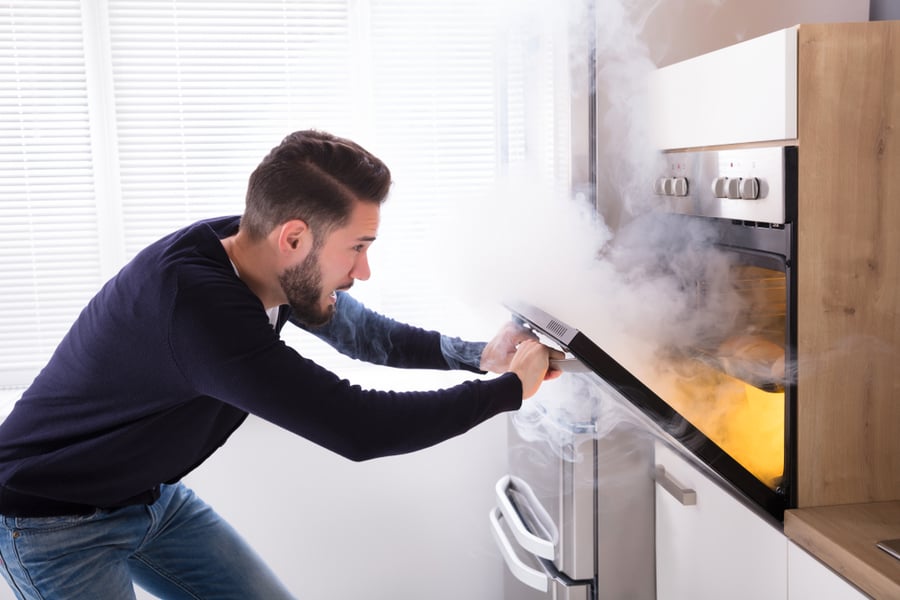
Many people are phobic of water, closed places, heights, spiders, and many other things. But there is also a unique category of people who have a fear of microwave ovens mainly because of the uninvited explosions.
Avoiding the causes of these oven element burnouts will set your heart at ease. Let’s take a dig at all common causes that we can avoid to stay away from oven element burnouts.
Oven elements often burn out due to overworked machinery and extreme alterations in the internal environment.
Here’s a quick flash forward of what is about to come in this blog:
- Extreme fluctuations in temperature.
- Left-in food.
- Cooking may ignite a fire.
- Dripping liquids inside the oven.
- Self-cleaning features may trigger a fire.
- Using a fan oven.
- Inefficient oven door seal.
Let’s pave our way forward to know each cause in detail and its association with oven unit burnout.
7 Reasons an Oven Element Burns Out
There are many reasons why an oven element burns out, but the most common are compiled here in this blog for your ease.
Have a quick look:
1. Extreme Fluctuations in Temperature
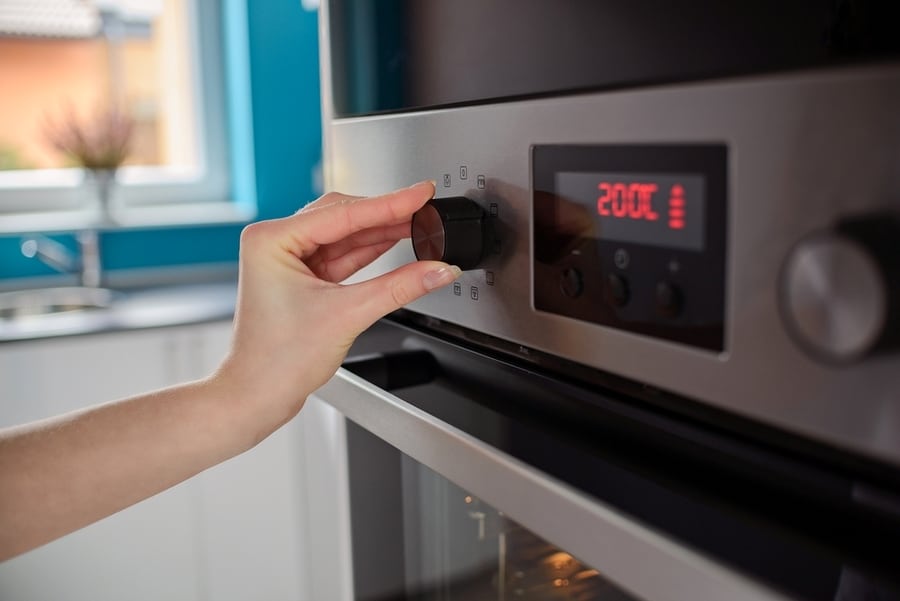
When you put something in the oven, its temperature increases and drops back after the food is cooked. This keeps happening every time you use the oven.
If you continue to use a domestic oven for commercial purposes without a considerable break, there is a high chance that the fluctuations in the inner and outer temperature will get severe over time.
This continuous and extreme fluctuations in the temperature make the oven unit contract and relax to an extent where it puts excessive strain on the oven element, ultimately causing it to burn out.
In case of oven burnout, never open the door of your oven. Instead, wait for the fire to settle; if it doesn’t, do not go near and immediately call 911.
2. Left-In Food
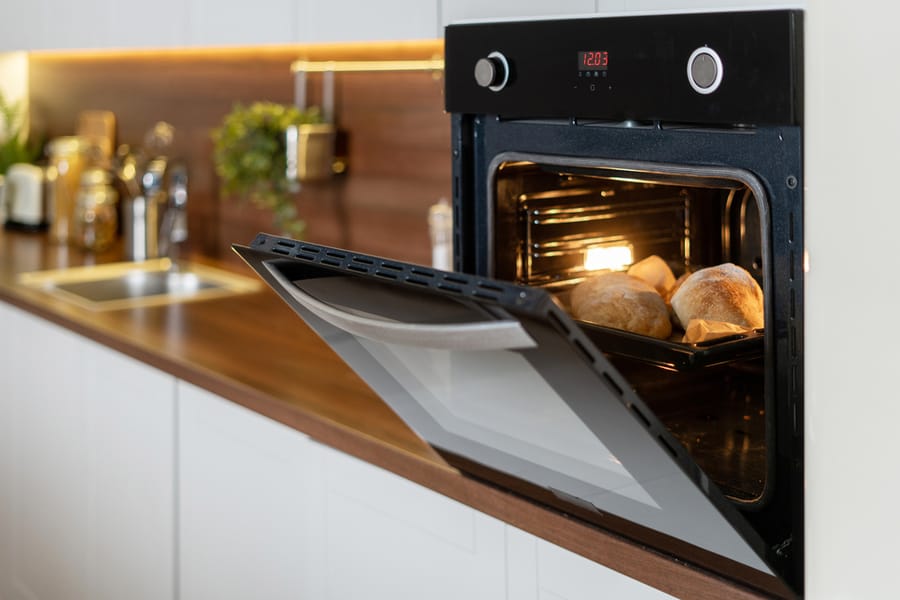
When you leave food inside the oven for long periods while the oven is still operating, it increases the inside temperature of the chamber over the safe limits.
This extra increase in the internal temperature can trigger a small fire inside the chamber, which can lead to a massive burnout of the oven element. Hence, you should avoid keeping and cooking food for a long period in the oven.
3. Cooking May Ignite a Fire
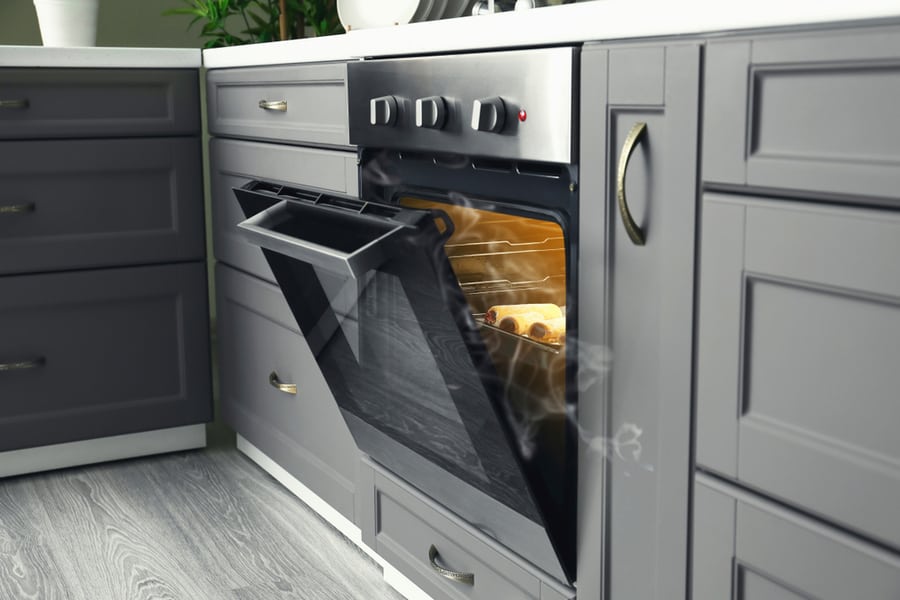
When you use an oven for cooking things and keeping the meals inside for an extended amount of time, it may ignite a fire in the internal machinery of the oven element.
This can further lead to a huge oven fire that can even affect your whole house and can be a serious threat to your life. The presence of a large amount of grease and fats can also trigger a fire.
4. Dripping Liquids Inside the Oven
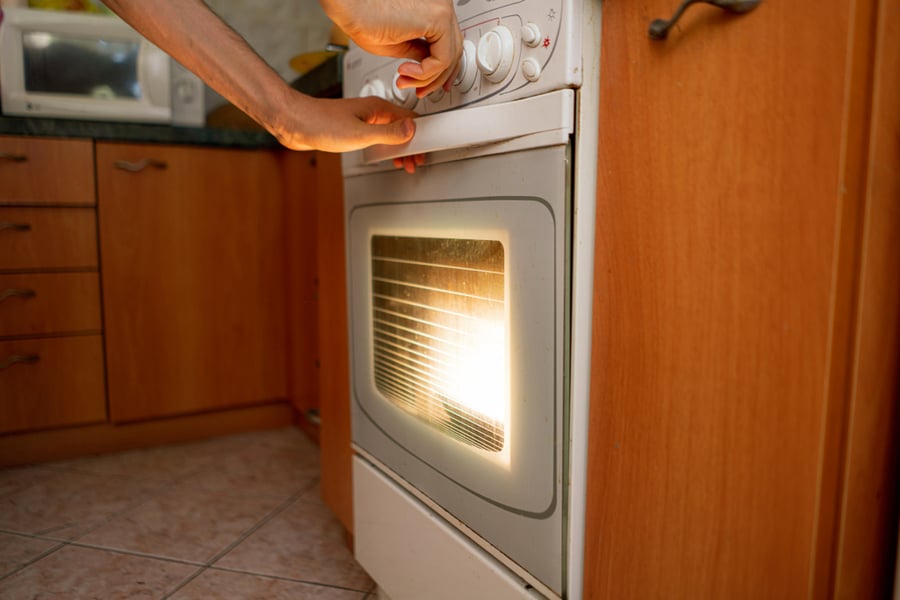
Warming and cooking liquids in the oven for more than average hours a day can also be a reason for severe burnout. For instance, when you are baking, the batter is kept inside the oven.
Sometimes, the liquid batter can overflow from the container and sit on the oven’s surface.
They were eventually blocking the pipes and airways and putting the system at risk of overheating and burnout.
5. Self-Cleaning Features May Trigger Fire
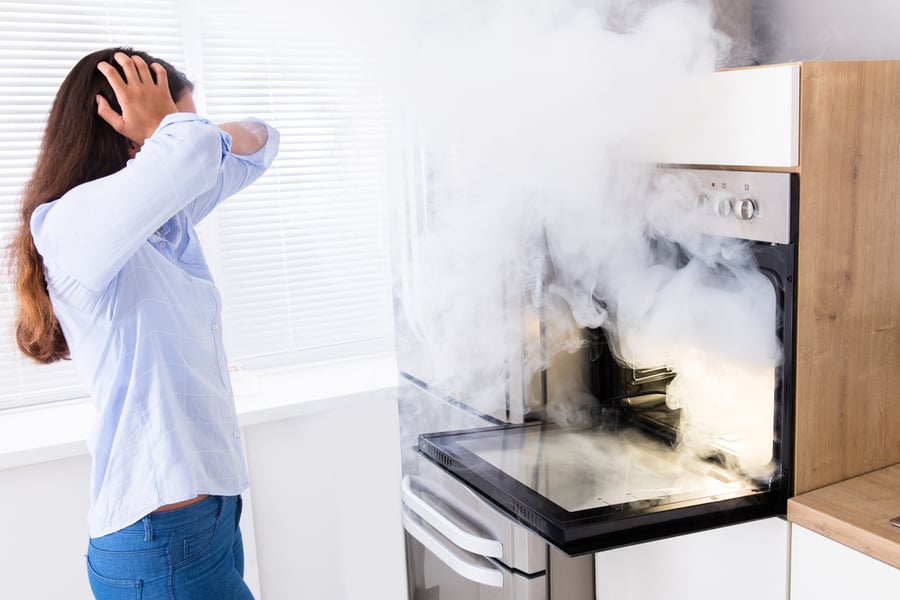
Sometimes, due to a lack of proper technical management, many people fail to set the self-cleaning feature of their ovens in accordance with their needs.
As a result, the oven element can begin cleaning at any point, and eventually, it can get excessively hot, putting it at risk of severe burnout.
6. Using a Fan Oven
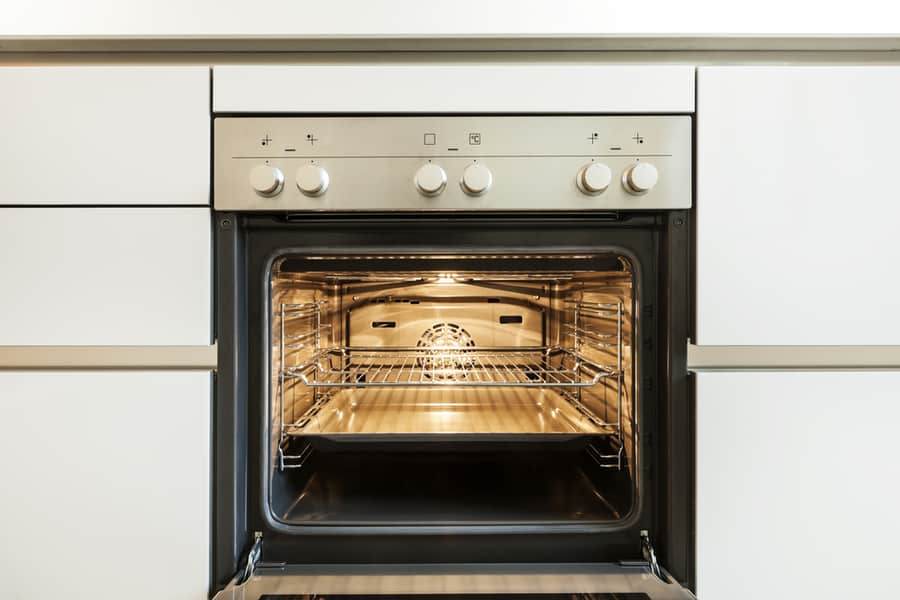
A fan oven is a traditional oven that uses a fan to cool down its internal components. With the passage of time and the buildup of grease and dirt, the fan can no longer cool down the oven.
Consequently, the oven becomes overheated, which can further cause sparks or ignition in the oven, making it completely burn down.
7. Inefficient Oven Door Seal
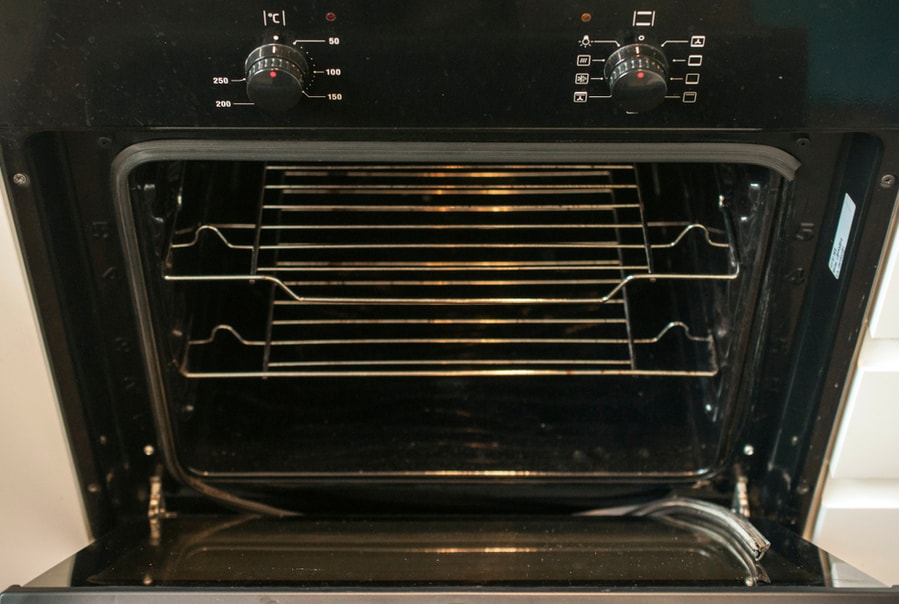
The doors of the oven elements keep the internal and external temperature balanced. When the seal is broken, the oven element cannot access the internal temperature precisely.
As a result, it keeps warming the internal components, which leads to overheating the oven element. When overheating exceeds a limit, it causes complete burnout.
The Bottom Line
Proper use and preventive measures for using an oven play a vital role in maintaining the health of your oven unit. You can identify the risk factors that might affect the efficiency of your oven and do your best to avoid all the risk factors and potential causes of burnout, so you remain safe.
Frequently Asked Questions
What Happens When an Oven Element Blows Up?
The oven will not do any heating. The fan and light might turn on, but no temperature change will occur at that time.
How Long Can My Oven Element Last?
The oven elements have a life span of almost five years on average. If kept with care, it can increase by a few more years.

